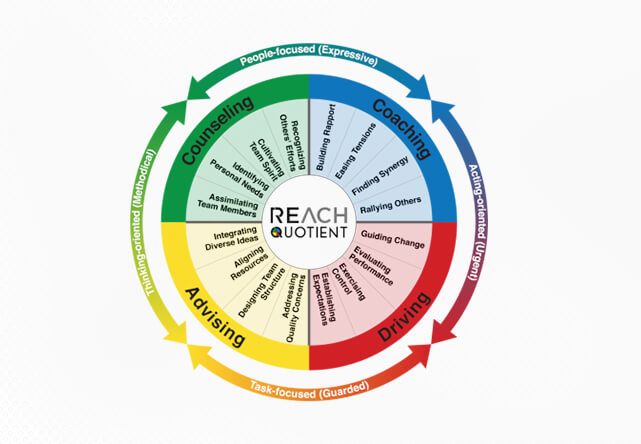What do we mean by Emotional Intelligence (EQ) in the workforce? Why is Emotional Intelligence in the workforce important? And why do we believe that IQ and skills and experience alone, should not be the sole measure of an individual’s ability to perform a role successfully in your organisation?
Let us walk you through some of the most common questions we receive about Emotional Intelligence in the workplace.
Why Emotional Intelligence has a big impact on your business performance
Emotional intelligence at work, leads to better relationships within teams, with stakeholders, with your customers and with anyone involved in helping your career or business towards success.
What is Emotional Intelligence?
We see Emotional Intelligence as your agility to adapt and relate to other people, tasks and situations. The definition on Wikipedia states:
Emotional Intelligence is the capability of individuals to recognize their own emotions and those of others. To discern between different feelings and label them appropriately, use emotional information to guide thinking and behaviour, and adjust emotions to adapt to environments.
What influence does EQ have on my performance?
On a personal level, a higher EQ will improve your motivation and your compassion for colleagues and managers. Best of all it will increase your joy and performance in your professional and personal life.
A high EQ in your business leadership brings increased business performance. When you add a human aspect to your services, products and customer relations, you will see an increase in your bottom line.
Research by Talentsmart shows that emotional intelligence is the strongest predictor for high-performing teams.
Our team member worked for an innovative product company that disrupted the insurance industry with new technology. They used empathy and understanding of people’s “resistance to change” to develop marketing materials, content, meetups and events with topics that slowly prepared people for a change in technology. They were one of the few companies starting to spread the new term “Insurtech” – all by using Emotional Intelligence.
Emotional Intelligence in the workforce may have become more popular in recent years but it is not a new concept. This subject started to gain momentum back in 1995 due to Daniel Goleman’s work.
Who is Daniel Goleman?
Daniel Goleman is a groundbreaking scientist, pioneering journalist, bestselling author and psychologist. He opened many people’s eyes to show that there is a difference between IQ and EQ. Daniel Goleman unravels the mystery of the relationships between our brain and emotions and what he calls, ‘the scientific case for mindset and mindfulness.’
His book “Emotional Intelligence” became a phenomenon spending over a year and a half on the bestseller list. At that time it was revolutionary. The Harvard Business Review called it a paradigm-shattering idea. It has proven to be one of the most influential books of the last decades. Articles on Harvard Business School’s blog about emotional intelligence are worth reading, especially if you want to understand the connection between being a high-performing leader and your level of emotional intelligence. Once you have absorbed the theory, it’s time to look at how you can apply the learning in practice.
How can you increase EQ in your workplace?
We imagine you nodding at your screen. You’ve probably done some self-reflection in the past. Perhaps learning to use different approaches to get your colleagues behind your cause has worked well for you. However, having a specific goal to increase Emotional Intelligence in your team or organisation, may not have happened yet.
REACH is a program developed to bridge the gap between theory and practice to improve leadership performance. REACH works with the REACH Quotient, a measure and system to help you grow competencies needed for leadership performance. Half of these skills are about “relating to others” – your level of Emotional Intelligence. The other half is about “achieving your goals”.
 Once you have all of these skills, you have the agility to adapt and relate to other people, tasks and situations. Which helps you to be a high-performing leader that leads highly successful teams.
Once you have all of these skills, you have the agility to adapt and relate to other people, tasks and situations. Which helps you to be a high-performing leader that leads highly successful teams.
Why work with the REACH ecosystem?
The REACH ecosystem is an all-in-one system. It not only helps you to understand your team personalities, as other People and Culture tools may do but also measures and guides teams towards increasing their agility to adapt to people, tasks and situations (REACH). It helps improve the business team culture, aiming to nurture happy, well-focused and well-connected teams and people who enjoy working together.
Advantage Business is a REACH Gold Partner so we are ready to help you and your teams turn their potential into high performance. Get in touch with us today to benchmark your team’s performance against that of your industry peers! Ask for a no-obligation introductory session with a member of our advisory team to see how your organisation could benefit from REACH.


